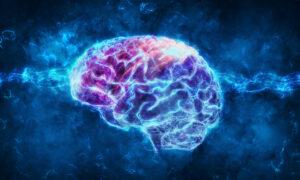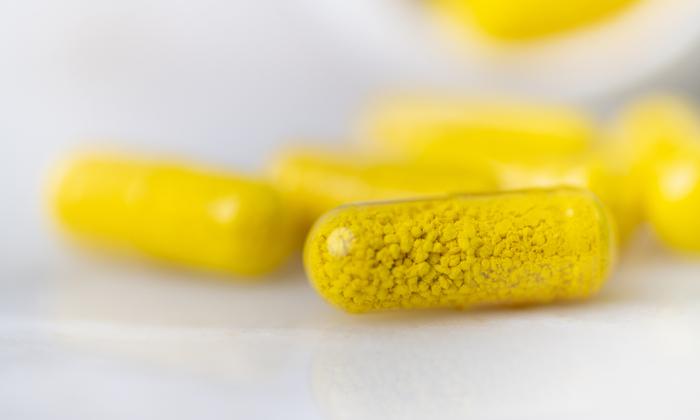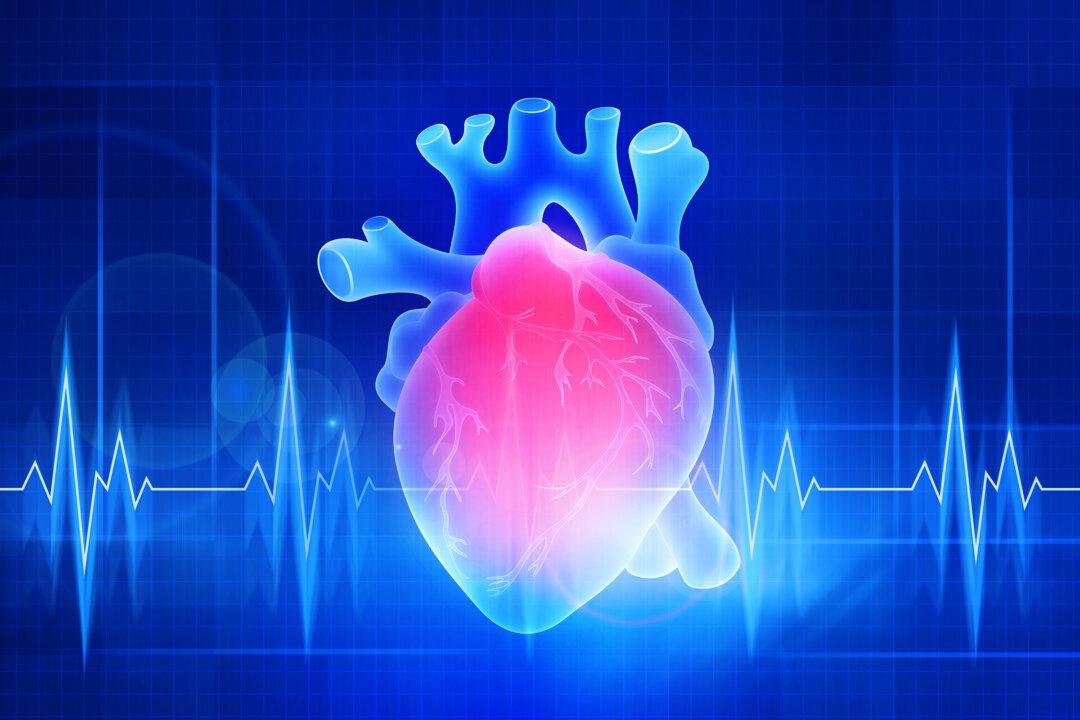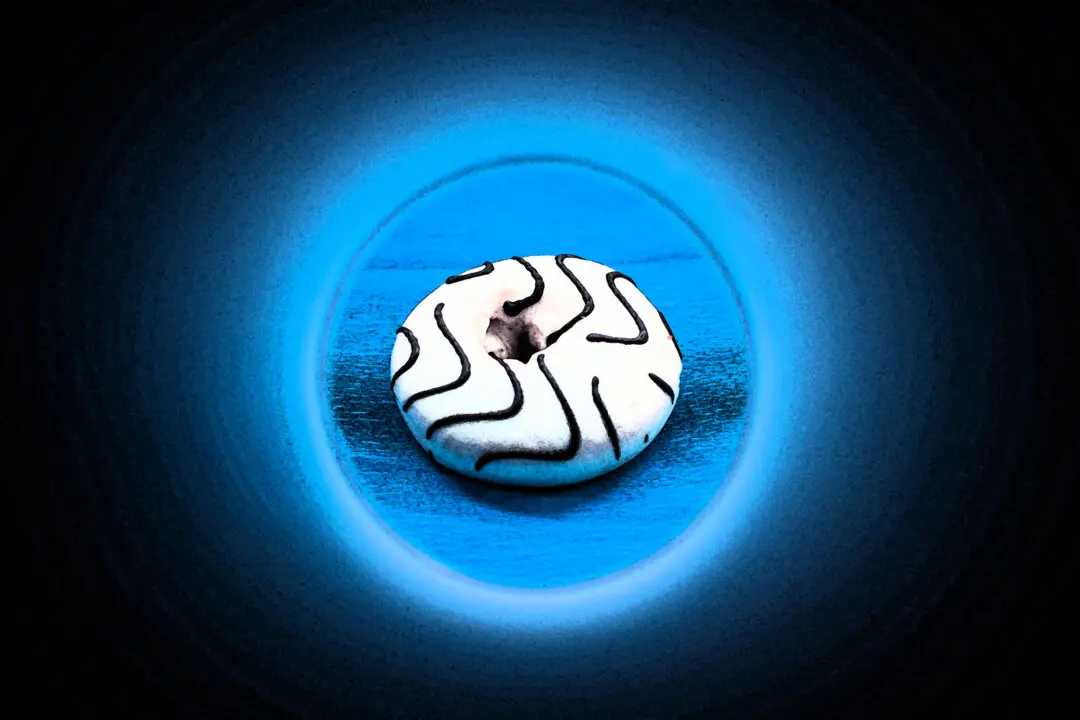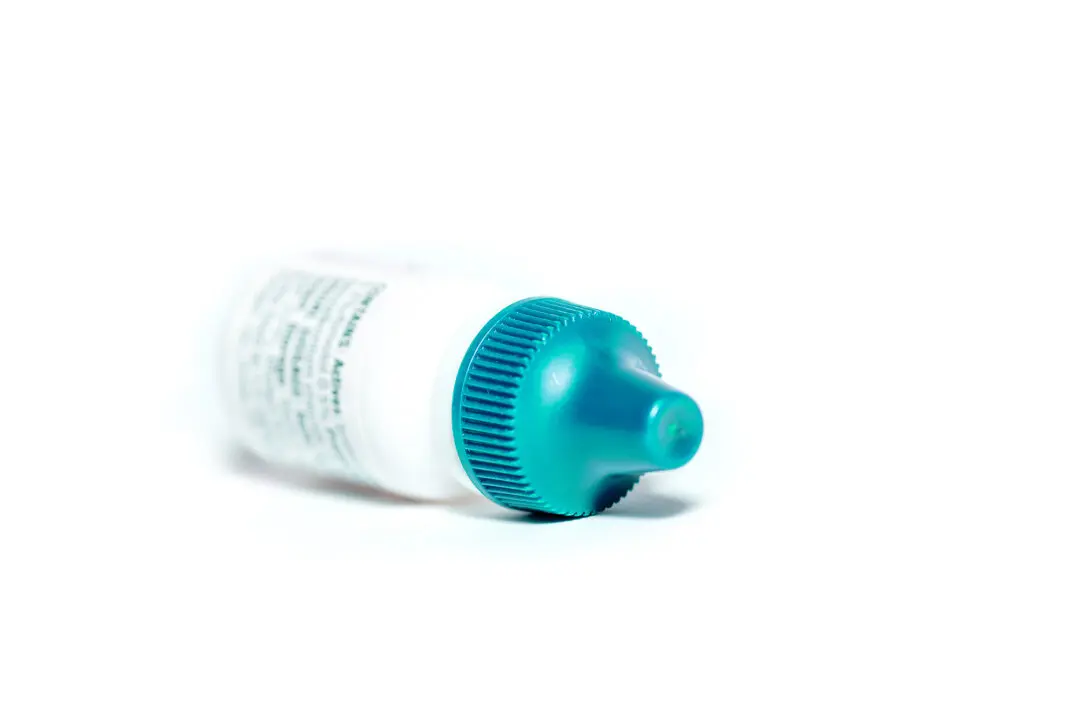That notification ping pulls you in once more. The show’s autoplay feature ropes you into another episode. The candy bowl offers one more treat. In today’s world of endless entertainment and distraction, we all have outlets that provide a reliable dopamine hit, replacing life’s problems with a sense of excitement.
But what if our quest for good feelings is actually doing more harm than good?
Why We Can’t Resist Things That Feel So Good
Central to what motivates our actions is dopamine, a neurotransmitter that facilitates the brain’s reward system, making us feel good.“We use our reward system to measure value and find meaning in the world,” Dr. Stephen Gomperts, a neurology professor at Harvard Medical School, told The Epoch Times. It navigates our decisions to optimize rewards, he added. Greater reward leads to greater dopamine release, which brings greater pleasure.
Whether we realize it or not, we chase the release of dopamine. However, this pursuit can backfire. The greatest dopamine spikes often come from rewards that undermine physical and mental health. Drugs, for example, flood the brain with dopamine, hijacking its reward system.
Because the rewards of normal day-to-day life pale relative to the effect of illicit drugs, these routine experiences lose their prior value and meaning, Dr. Gomperts said. “As a result, people addicted to drugs can make decisions that seem at odds with their former selves.” They may jeopardize themselves and their loved ones to enable further drug use.
And even small dopamine spikes matter.
Although drug addiction demonstrates the most significant—and most destructive—dopamine spikes, we live in a society that boasts a variety of outlets for dopamine to be piqued. Small but constant dopamine drips can spur addict-like behavior, Dr. Anna Lembke, a psychiatry professor from Stanford University, told The Epoch Times.
Why Does Chasing Highs Lead to Lows?
Substances such as heroin and cocaine create a dopamine deficit. After the initial massive high follows a crashing low, Dr. Lembke said. “It’s very likely that the everyday pleasures that we consume, from our caffeine in the morning to our Netflix binge at night, can do the same thing.”Dopamine highs are often followed by crashes below baseline levels. As a result, the mind builds tolerance, requiring greater substance amounts to reproduce the high. Modern dopamine stimuli such as social media, processed foods, and TV breed addictive habits that fuel discontentment, anxiety, and depression.
Some of Dr. Lembke’s patients—and people in general—find themselves compulsively using the internet for days, neglecting self-care and deriving little pleasure. Unable to stop, they feel anxious, depressed, even suicidal.
“What is happening here is they are in a dopamine deficit state—clinically analogous to a deep depression—and they have lost the ability to choose not to use,” she said.
The Pleasure–Pain Balance
One of the most groundbreaking discoveries of neuroscience, according to Dr. Lembke, is that pleasure and pain are processed in the same brain region.The brain tries to balance pleasure and pain signals. But too much of either tilts the scales, requiring neurons to adapt, which is taxing for the brain.
Historically, humans sought pleasure and avoided pain to survive, Dr. Lembke said. Now, we face endless access to instant pleasures and little pain, she added, noting that we must curb pleasurable behaviors—a challenge in our world of abundance.
Overloading on dopamine triggers addiction, depression, and other conditions by disrupting the pleasure–pain balance.
Americans spend more than eight hours a day on digital media and consume highly processed foods. Dr. Lembke argues this indulgent lifestyle clashes with our past. “Our ancient wiring is mismatched with our modern ecosystem,” she said. To regain balance, she advises abstaining from dopamine-spiking behaviors for four weeks so the brain can reset.
Also crucial? Pursuing healthy pain such as exercise and learning, which sustains baseline dopamine rather than making it drastically peak and plunge.

